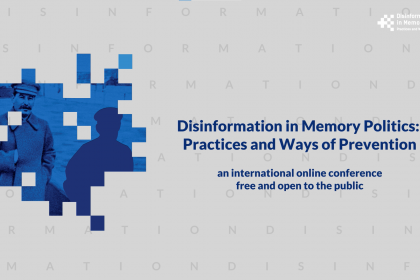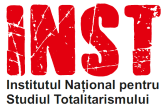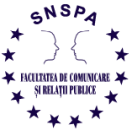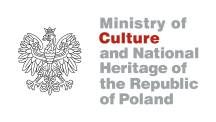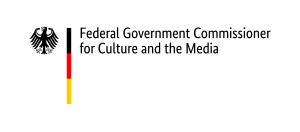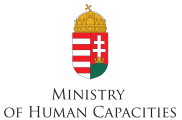What is disinformation in memory politics? How is it constructed, who is behind it and what are its aims? More importantly, what can we do to prevent the manipulation of historical facts? International historians and communication specialists will answer these and other questions at an international conference; ‘Disinformation in Memory Politics: Practices and Ways of Prevention’, on 11–13 May, 2021. The conference will be streamed live over YouTube and Facebook.
Disinformation as an instrument of political power is as old as mankind, but has reached a different stage with the evolution of digital media and the intensification of global exchange. Infamous examples include the denial of historical events such as the Holocaust, the Gulag system or the secret protocol of the Ribbentrop-Molotov Pact, as well as current disinformation campaigns or the planned dissemination of falsehoods and half-truths in the context of elections and referendums.
This conference will stress the need of intensified scholarly and professional collaboration to defend historical and current facts against the challenges of political propaganda. The proceedings will lead up to an examination of international strategies to combat disinformation and to the establishment of general recommendations in the field of memory politics.
An overview of the learning toolkit ‘No to Disinformation’ (developed by ENRS, in 2021) will also be included. This toolkit is available online from the platform Hi-Story Lessons. ‘No to Disinformation’ is an educational package for secondary schools to tackle historical manipulation and other aspects of disinformation.


